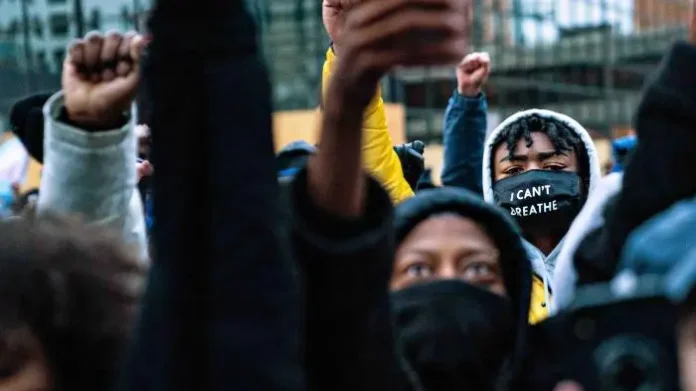Interviewer: Politics Today Editorial Board
Interviewee: Tareq Alaows
Affiliation: Seebrücke Initiative and Member of Flüchtlingsrat-Berlin, (Syrian Refugee who launched his candidacy for the Green Party)
Organization/Publisher: Politics Today
Date/Place: December 29, 2021
Type of Literature: Interview
Word Count: 1817
Keywords: Xenophobia, Refugees, Germany, Human Rights
Brief:
This interview is with a five-years-experienced jurist who recently withdrew his candidacy (Green Party) to represent Oberhausen in North Rhine-Westphalia due to the increasing amount of threats and hate messages that he received on social media during his 2021 campaigning. Tareq Alaows left Syria in July 2015, where he had studied law. He travelled through Greece and went to Germany as a refugee. After his challenging experience in refugee camps, he decided to claim his human rights and organised his first demonstration in front of the City Hall. He later continued to negotiate with local authorities through the organisation “Refugee Strike Bochum”. The collaboration that he established between local political authorities and the organisation made him into a representative for refugees at the federal level. Although he had been highly supported by Green Party and German human rights activists, there was also backlash from the far right. Despite the necessity of a representative for refugees to address their problems, the right wing saw his candidacy as an all-time danger emerging from refugees and minorities in Germany. “I was eventually transformed from being a normal person running for candidacy to a target of racism and hate speech. People who target me are not targeting me as Tareq Alaows but target a person of color with a refugee background, a person who showed the courage to claim his rights to be represented in the German parliament.” His withdrawal from the 2021 election resulted in establishing a counsel and support system for people who are subjected to racism. Alaows suggests that there should be more diverse politicians in the parliament so there could be real dialogue between society and politicians, and solutions-based implementations can be made rather than open-ended debates. He stresses the significance to recognise the refugee debate within a human rights context.
By: Cemile Cengiz, CIGA Research Assistant




